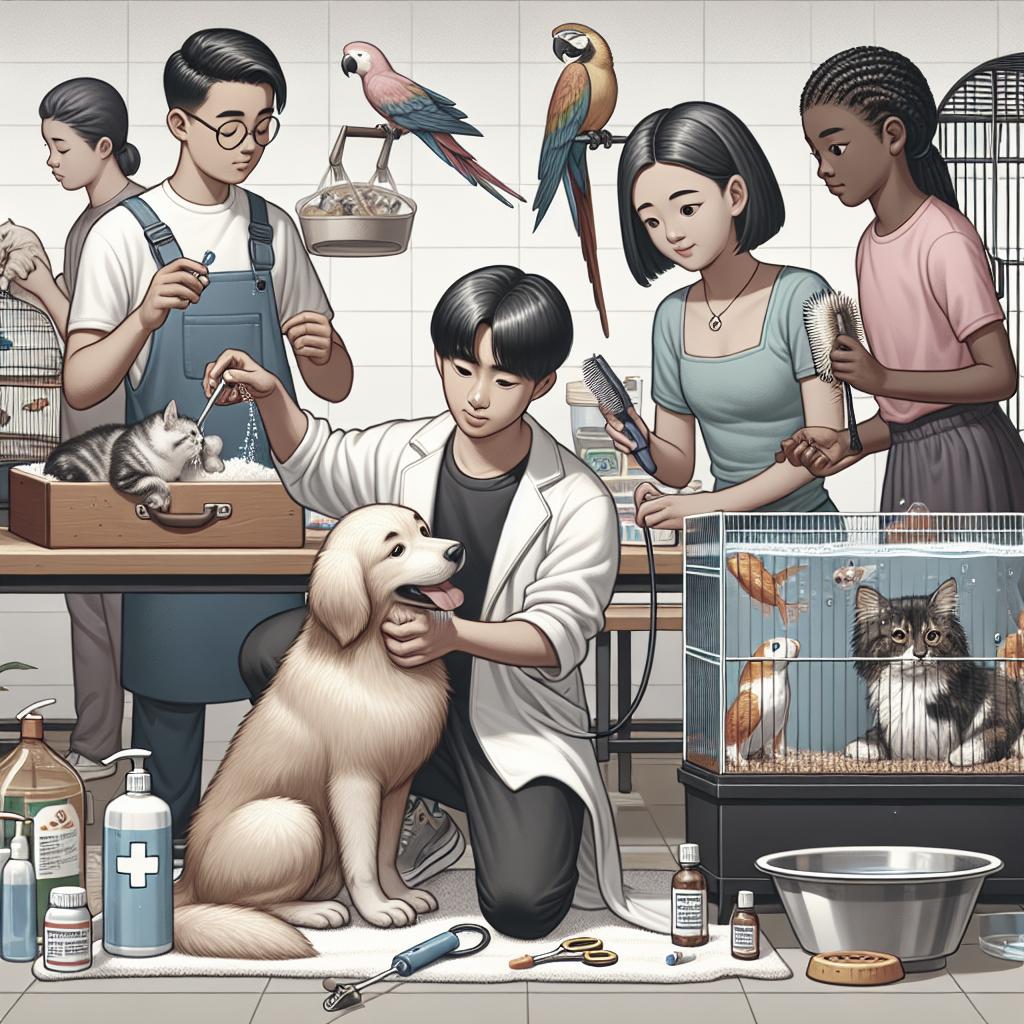<>
“`
Owning a pet is a rewarding and enriching experience, but it comes with a host of responsibilities. Prospective pet owners must be ready to commit time, resources, and effort to ensure their pet’s happiness and well-being. This blog post delves into the critical responsibilities of pet ownership, from understanding the animal’s requirements and providing proper nutrition to ensuring regular veterinary visits and adhering to training and socialization needs. By the end, readers will have a comprehensive view of what it takes to be an informed and responsible pet owner.
Breadcrumb
Veterinary clinic resources
Ensuring a pet’s health and longevity starts with regular visits to the veterinary clinic. Pets require regular check-ups to monitor their overall health, receive necessary vaccinations, and prevent diseases. These visits help in identifying problems early, providing timely treatment, and maintaining a health record that can be critical in emergencies.
Moreover, veterinarians offer valuable advice on various aspects of pet care, such as diet, exercise, and behavioral issues. They guide pet owners through preventive measures, such as parasite control and dental care, ensuring the pet lives a healthier, happier life. Access to veterinary resources means a pet owner can stay informed about the best practices in pet care, contributing to the well-being of their beloved pets.
Related resources
The responsibilities of pet ownership extend far beyond regular vet visits. It’s about creating a supportive environment where pets can thrive. Understanding the animal’s specific dietary needs and ensuring a balanced diet is crucial. Poor nutrition can lead to various health issues, so consulting resources about proper feeding protocols is essential.
Training and socializing pets is another vital aspect. Well-behaved pets are happier and integrate better into family life. Utilizing available resources, such as obedience classes or pet behaviorists, can make the training process smoother and more effective. Additionally, pet owners must be aware of local ordinances and regulations to avoid legal hassles, ensuring their pet’s actions conform to community standards.
| Responsibility | Description |
|---|---|
| Veterinary Care | Regular check-ups, vaccinations, and preventive health measures provided by veterinarians. |
| Nutrition | Understanding and providing proper dietary needs for the pet’s health and well-being. |
| Training and Socialization | Ensuring pets are well-behaved and properly integrated into family and society. |
| Responsible Ownership | Adhering to local ordinances and regulations to ensure the pet’s and community’s safety. |
“`


